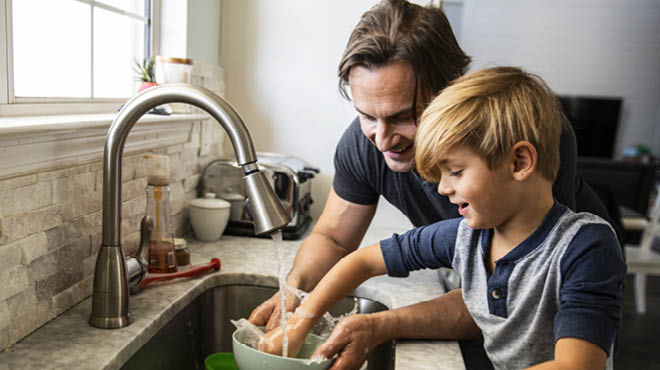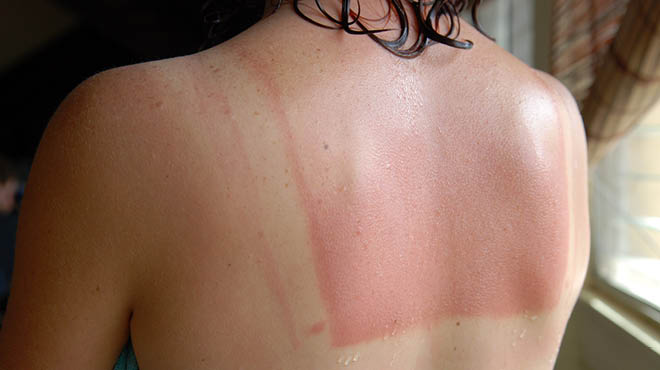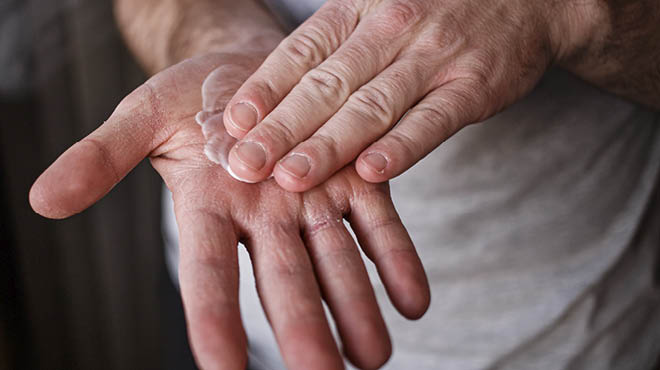Recent Posts
What to do about chest acne

Acne is a skin condition that nearly everyone deals with at some point in their lives. It's caused by the accumulation of dead skin cells that block your pores and leads to an abundance of a specific type of bacteria present on the skin called propionibacterium acne. As a result, your skin becomes inflamed and causes whiteheads, blackheads or pimples to form.
Unfortunately, acne has no boundaries. It's more common for teenagers, but it can affect people of all ages, and about equally between men and women. Acne also can appear anywhere you have oil glands in your skin, so it can occur on your back, face, stomach or chest.
Chest acne develops the same way as other acne, but some factors can affect its formation, including:
- Using skin care products that prevent or hinder water loss
- Friction from clothing
- Excessive sweating
Chest acne isn't the result of poor hygiene. It's not caused by dirty skin and can actually be made worse with harsh soap or chemicals and rough scrubbing.
Other factors that worsen acne include:
- Certain medications
Examples include corticosteroids, testosterone or lithium. - Hormones
Hormonal changes related to puberty and pregnancy can cause your glands to produce more oil and lead to more acne. - Diet
Some studies suggest that skim milk, chocolate and foods high in carbohydrates can worsen acne. Rather than restricting these foods completely, limit your consumption, if desired. - Stress
When your body is under stress, it produces hormones called androgens that affect various parts of the body, including the skin. In the skin, these hormones may stimulate hair follicles and oil glands, leading to more inflammation and development of acne.
There are many treatments available for chest acne to help you avoid skin scars, make acne less noticeable and lower the emotional stress caused by the acne. Use gentle scrubs and noncomedogenic creams so skin pores don’t get clogged. Over-the-counter body washes that include salicylic acid and benzoyl peroxide can provide some relief of mild inflammatory acne. Avoid coarse or rough body scrubs, since they're traumatic to the skin.
If over-the-counter products aren't working, talk with your health care provider about topical and oral medications that can help you manage your acne.
Amanda Logan is a nurse practitioner in Family Medicine in Waseca, Minnesota.





